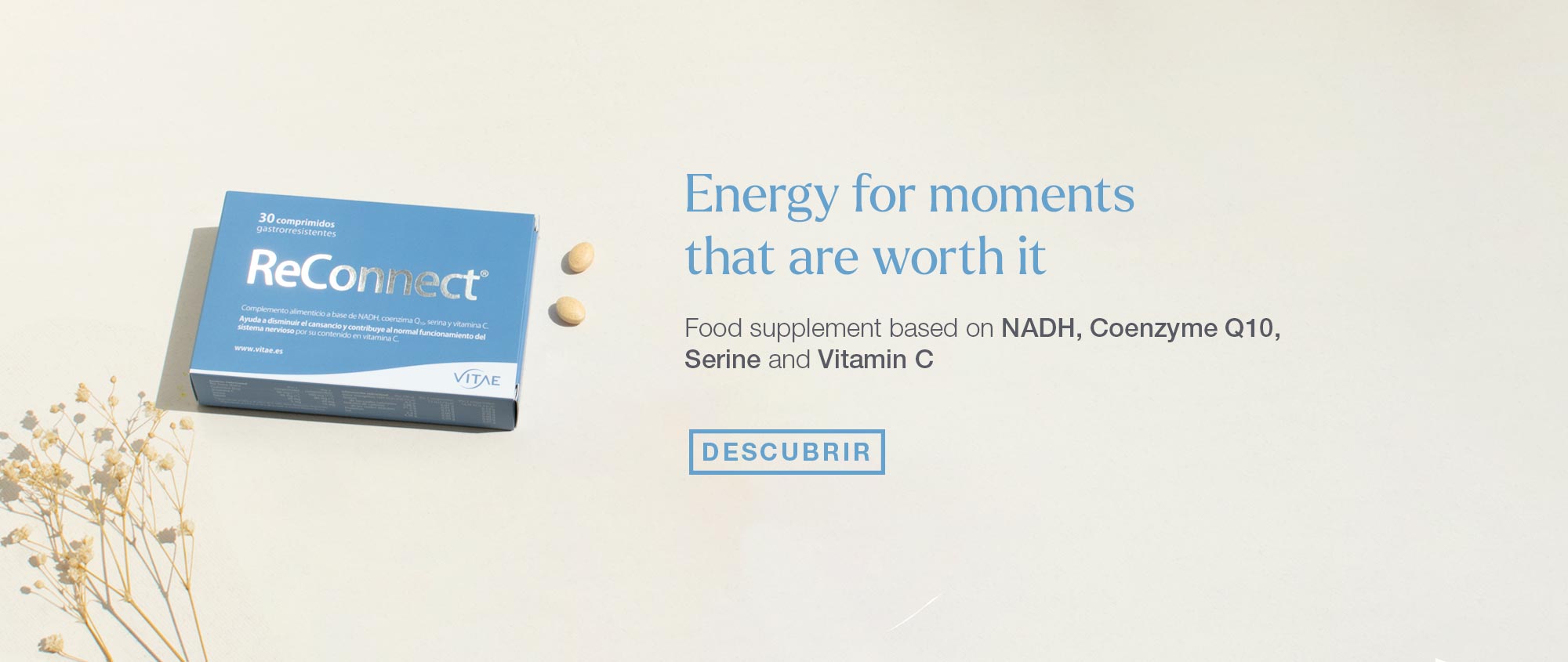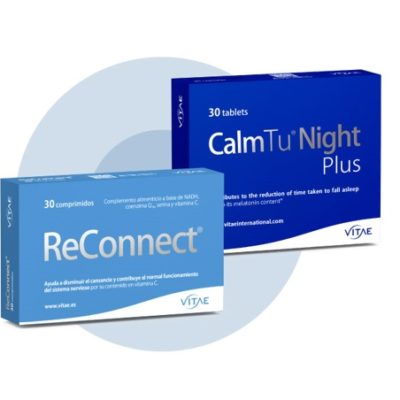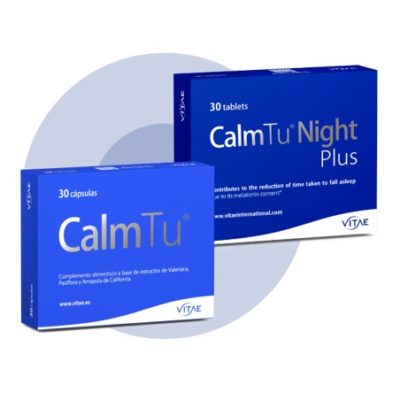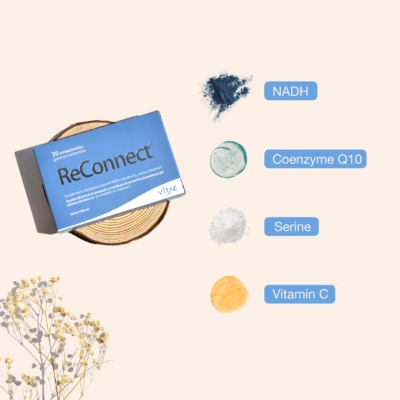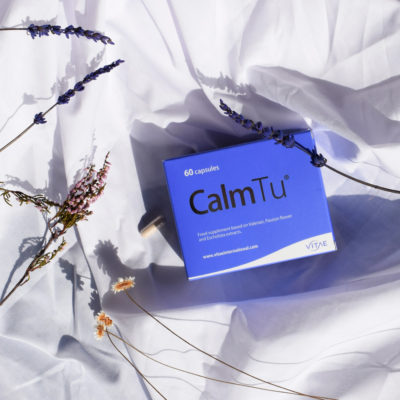Currently, work stress is widely spread. In fact, it is one of the main consequences of exposure to psychosocial risks. There are tasks that now require more mental effort in addition to physical effort. It is something that can affect everyone and does not understand classes, ages, or social groups…anyone can suffer from it.
Stress is the second cause of sick leave in the European Union, affecting forty million workers annually. It negatively affects our health, physically and mentally, since it ends up harming how we do our tasks, performance and productivity in the company.
Workplace stress according to the European Commission on Safety and Health at Work is defined as “the harmful physical and emotional reactions that occur when the demands of work do not match the capabilities, resources or needs of the worker.”
Symptoms of work stress
The symptoms of work stress influence the worker’s performance, which will cause lack of concentration and exhaustion. There are different symptoms, cognitive and physical.
The cognitive ones could be: worry, insecurity, negative perception of oneself, fear of loss of control, it can cause anxiety and depression, difficulty concentrating, etc.
Physical symptoms that can occur as follows: headache, sweating, palpitations, muscle tension, dizziness, nausea, breathing difficulties, etc.
Most common types of stress
Acute stress
It is the most common type of stress and occurs mainly as a reaction to specific demands or pressures; therefore, it is short-lived and easily manageable and treatable. The symptoms are usually tiredness, tension symptoms, overexcitement, cold feet and hands…
Episodic work stress
It is one of the most common types of stress at work, in fact, everyone has experienced it at some point in their life. It consists of short periods of stress that occur due to situations or triggering elements that must be done within a period of time. Once the task is finished, so is the stress.
Chronic work stress
In this case, this type of stress is the most worrying, because it has consequences in both the short, medium and long term. It can affect people in various aspects of their lives. What can trigger this type of stress could be the following:
- Excess workload
- Job instability
- Toxic work environment
- Lack of incentives
- Low wages
Consequences of work stress: Is it dangerous for our health?
Physical consequences
- Gastrointestinal disorders
- Cardiovascular disorders
- Respiratory disorders
- Endocrine disorders
- Dermatological disorders
- Muscle disorders
- Alterations in the immune system
Psychological consequences
- Excessive worry
- Inability to make decisions
- Feeling of confusion
- Inability to concentrate
- Feeling of disorientation
- Frequent forgetfulness
- mental blocks
- Hypersensitivity to criticism
In addition to these consequences, if this stress continues, other signs or manifestations that influence motor and behavioral levels may also appear, which would be: speaking quickly, tremors, stuttering, haste when acting, affective disorders, eating disorders, mental disorders. of personality, etc.
All of these consequences can deteriorate the quality of each person’s relationships, even leading to a breakup with family members and co-workers.
Organizational consequences
Work stress not only harms the individual, but can also influence the work environment. The way in which the organization is affected by this work stress is due to a decrease in production, low performance, lack of cooperation between colleagues, increase in customer complaints, worsening of human relations, lack of order and cleanliness, increase in absenteeism. , etc.
How to prevent work stress
- Try to manage time in an organized way
- Take breaks every X amount of time
- Have a good diet
- Take advantage of moments of rest
- Prioritize tasks
- Get enough sleep
- Do sports regularly
- Know how to ask for help
- Avoid arguments
- Define well the tasks of each one
At Vitae we care about your health and that is why we try to offer the best of us, providing valuable ideas for your daily life. Many times, to achieve full well-being, supplementation is necessary, and below we tell you our proposal.
Vitae solution
CalmTu® It is a food supplement based on natural ingredients such as Valerian, Passionflower and California Poppy that helps to achieve calm naturally and without side effects. In addition, it helps facilitate relaxation, improves stress management and has calming effects.
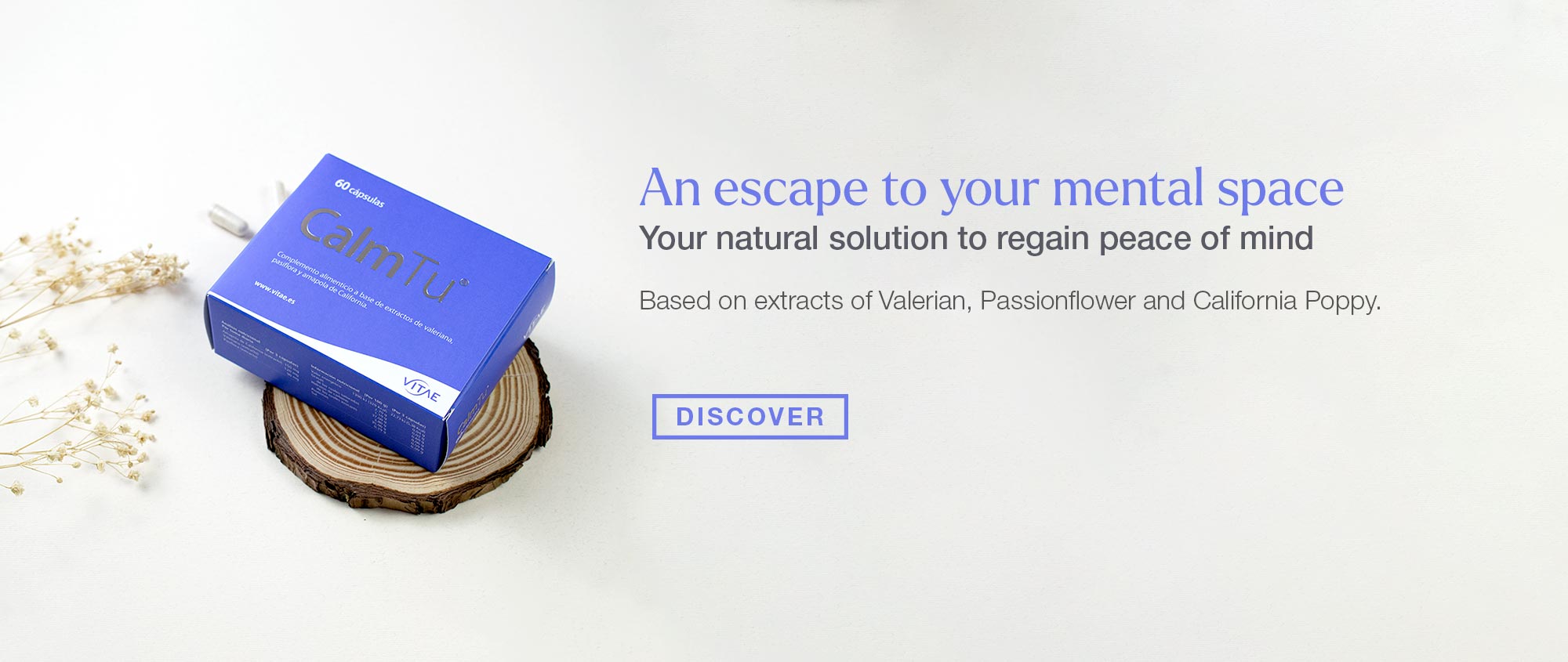
ReConnect® is a food supplement formulated with NADH, Coenzyme Q10, Serine and Vitamin C that, thanks to the synergy of the components, helps improve physical and cognitive performance. In addition, it contributes to enhancing memory, concentration, and mood abilities.
